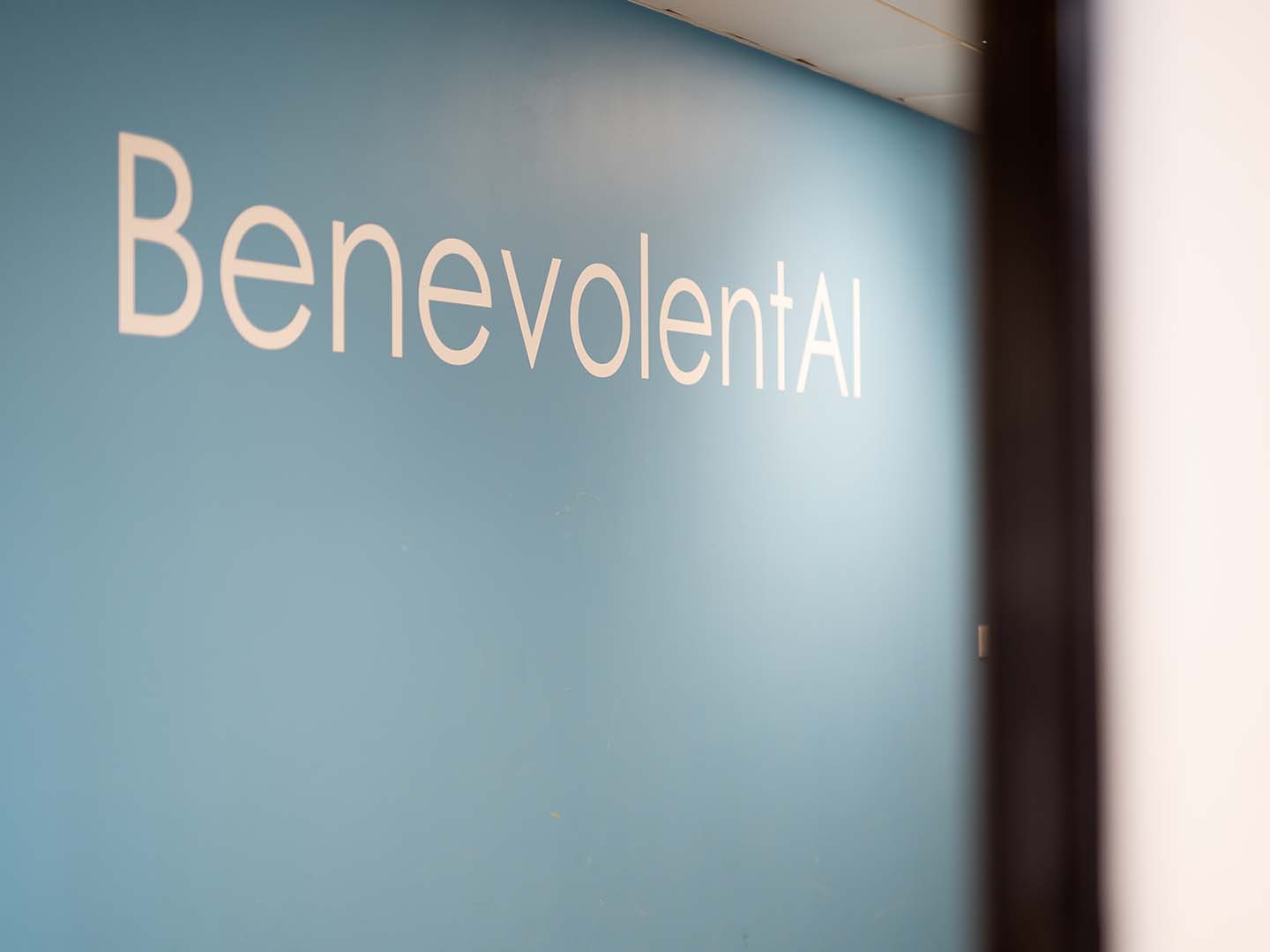Baricitinib enters a randomised-controlled trial with the US National Institute of Allergy and Infectious Diseases (NIAID); predicted to inhibit COVID-19 infection of human lungs and reduce inflammatory damage
BenevolentAI, a leader in the creation and application of AI and machine learning to transform the way medicines are discovered and developed, today announced that baricitinib, which it identified this year as a potential treatment for COVID-19, will be entering late stage phase 3 clinical trials to treat the disease, the greatest medical challenge of the century. This new trial is occurring alongside a Canadian government-sponsored randomised-controlled trial already underway of baricitinib as a potential treatment. Others studies are ongoing or being set up currently.
Baricitinib is an already approved drug developed by Eli Lilly and Incyte for the treatment of rheumatoid arthritis and is being studied for other indications. The randomised trial announced by Eli Lilly today with the US National Institute for Allergies and Infectious Diseases (NIAID) will investigate the efficacy and safety of baricitinib as a potential treatment for patients with serious COVID-19 infections. The study will begin in the US in late April with planned expansion to additional sites in Europe and Asia. Results are expected within the next two months.
Baroness Joanna Shields, CEO of BenevolentAI said “In response to the COVID-19 global health emergency, we turned our AI drug discovery and development platform toward understanding the body’s response to this novel infectious disease. Rather than focusing solely on drugs that could affect the virus directly, we explored ways to inhibit the cellular processes that the virus uses to infect human cells. We identified baricitinib as a potential drug with both anti-viral and anti-cytokine properties and published our research in early February. We are pleased that Eli Lilly is progressing baricitinib to clinical testing for COVID-19 patients. While we wait for a vaccine to be developed, there is an immediate need for medicines that can prevent life-threatening respiratory and other serious complications of COVID-19 infections.”
In February, in the face of the growing global health crisis, BenevolentAI set up a specialist scientific team and launched an investigation using its drug discovery platform to identify approved drugs which could potentially stop the progression of COVID-19, inhibit the cytokine storm and reduce the inflammatory damage associated with this disease. Benevolent’s research findings were published in The Lancet and again twice in Lancet Infectious Diseases proposing baricitinib as a potential treatment with both anti-viral and anti-inflammatory properties, for COVID-19 patients admitted to hospital prior to the development of critical lung damage.
By March, investigator-led studies began recruiting and treating infected patients with baricitinib, and with the announcement by Eli Lilly and NIAID today, the drug will now begin it’s first large randomised trial in COVID-19 patients. The speed with which the drug entered clinical trials reflects the urgency of the global pandemic and the significance of AI and advanced technologies in facilitating the discovery of treatments and their potential impact on patients.
“Lilly is moving at top speed and using all available resources to help fight this pandemic,” said Daniel Skovronsky, M.D., Ph.D., Lilly’s chief scientific officer and president of Lilly Research Laboratories. “Developing potential therapeutic medicines for COVID-19 is part of our vital and humanitarian mission. To be successful, we must combine resources, data and expertise, with government, academia and other companies. We look forward to seeing the results of the baricitinib clinical studies.”
Professor Justin Stebbing from Imperial College, London, who has been collaborating on this work between Eli Lilly and BenevolentAI, added, “there are no specific therapeutic agents for any coronavirus infections - we rely on quarantine, isolation and public health policies to prevent disease spread, and on supportive care measures for those who become ill. What we lack is a specific agent to treat the infected and, optimally, decrease viral shedding and subsequent transmission. The results of such trials will be central to clinical care as the outbreak continues and we anticipate that this treatment will improve mortality and reduce the pressure on hospitals and ICU’s worldwide. This research is notable for its incredible speed from computer to bench and bedside within a few months.”
Back to press releases and in the media



